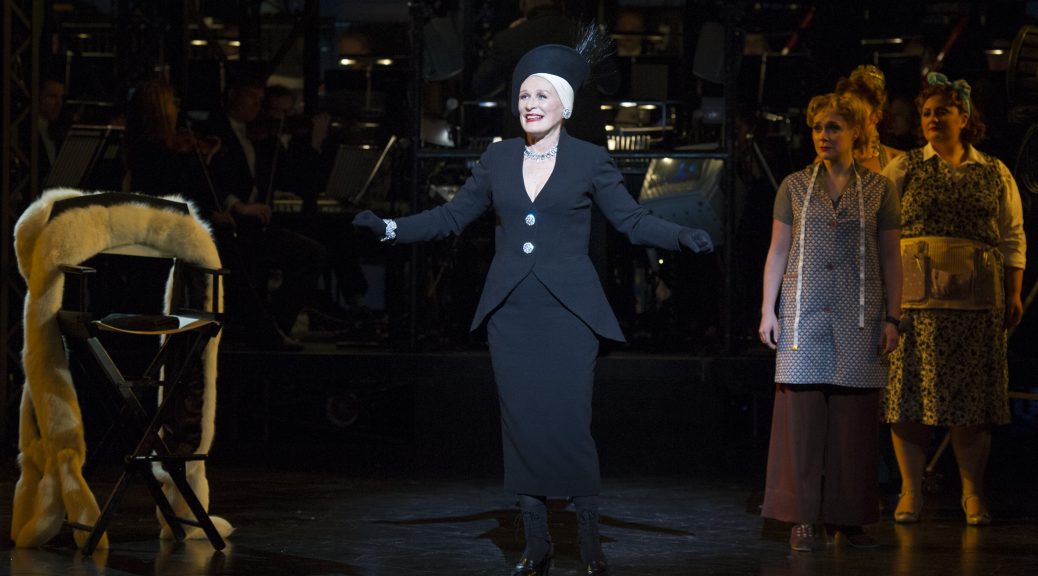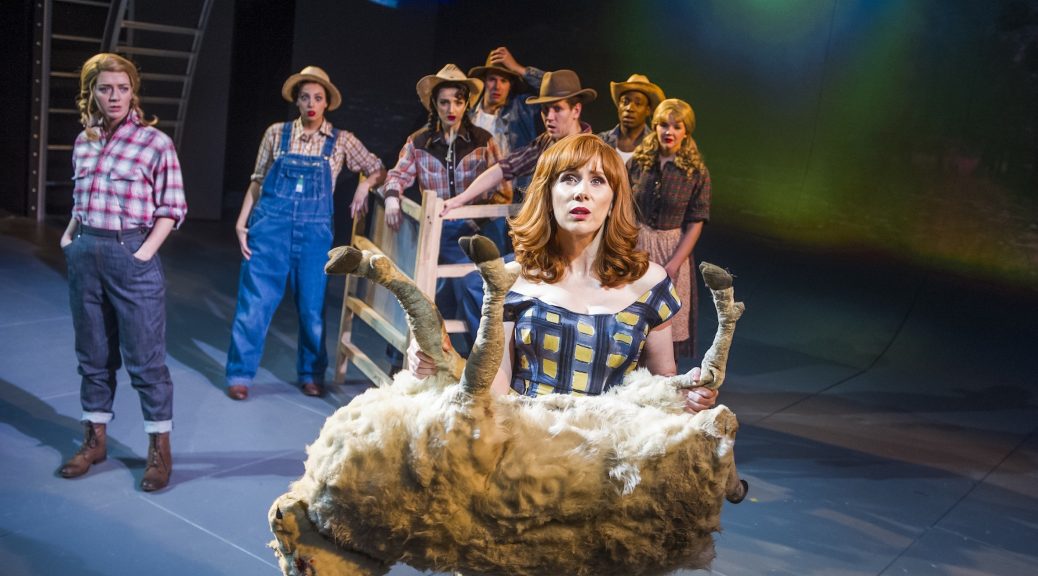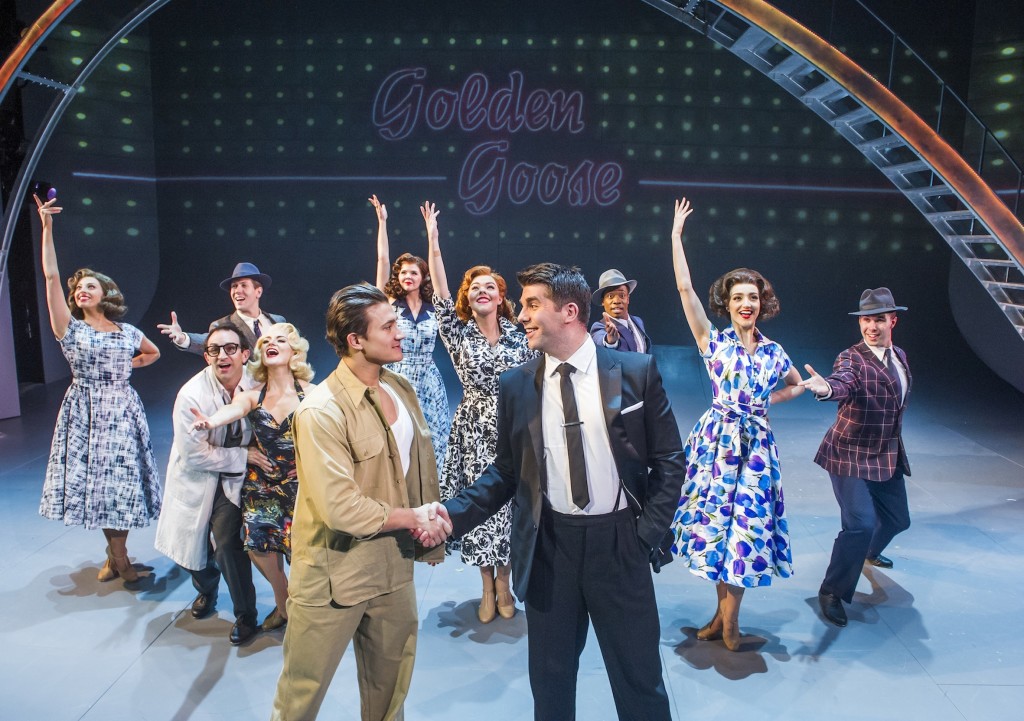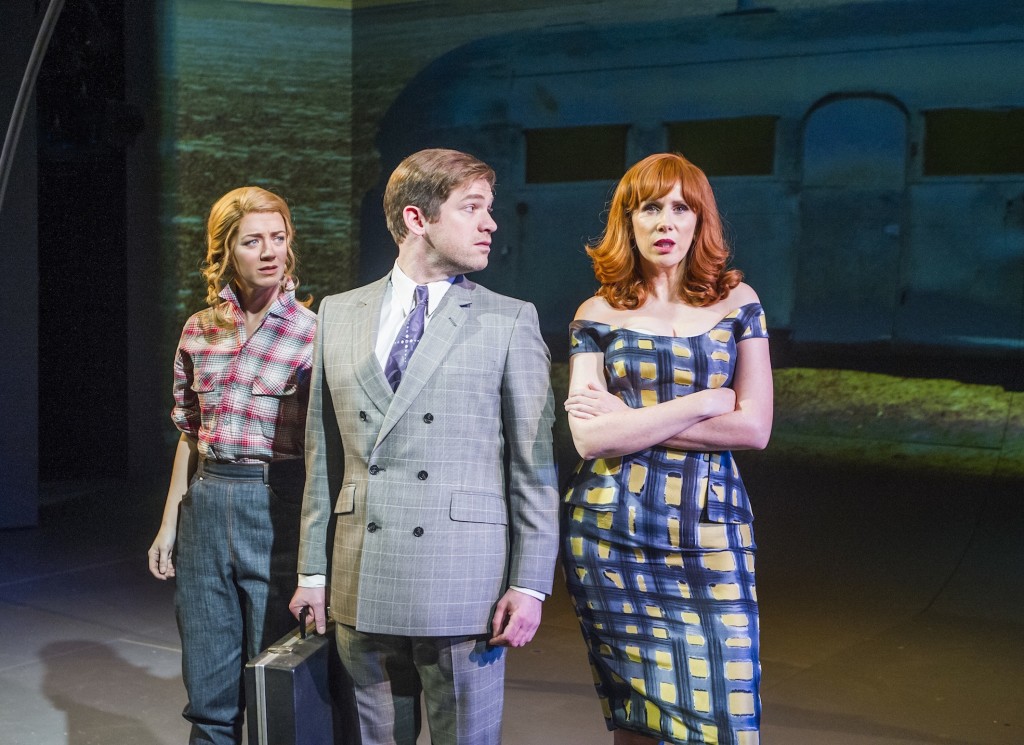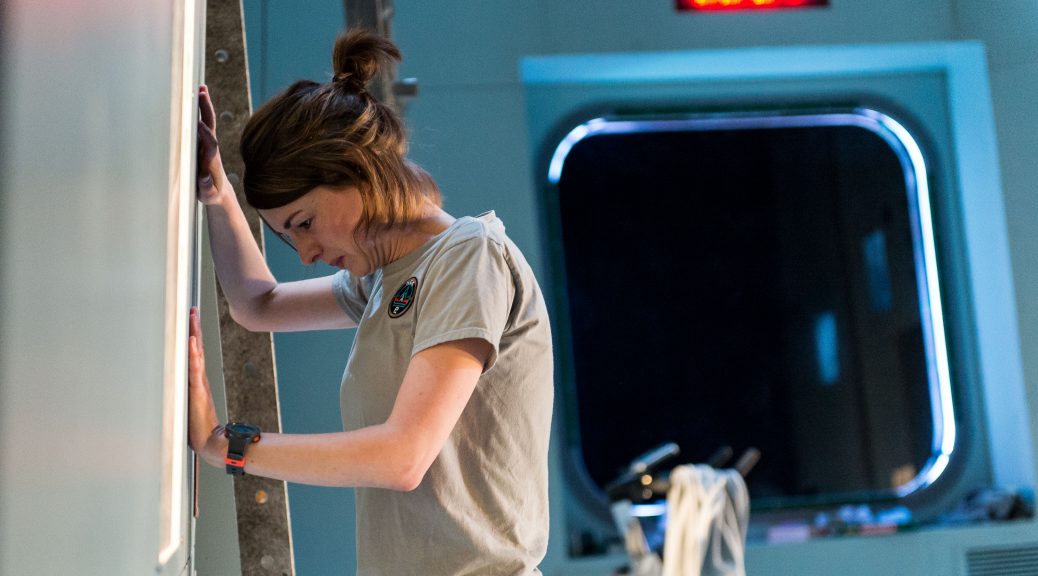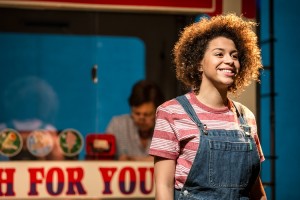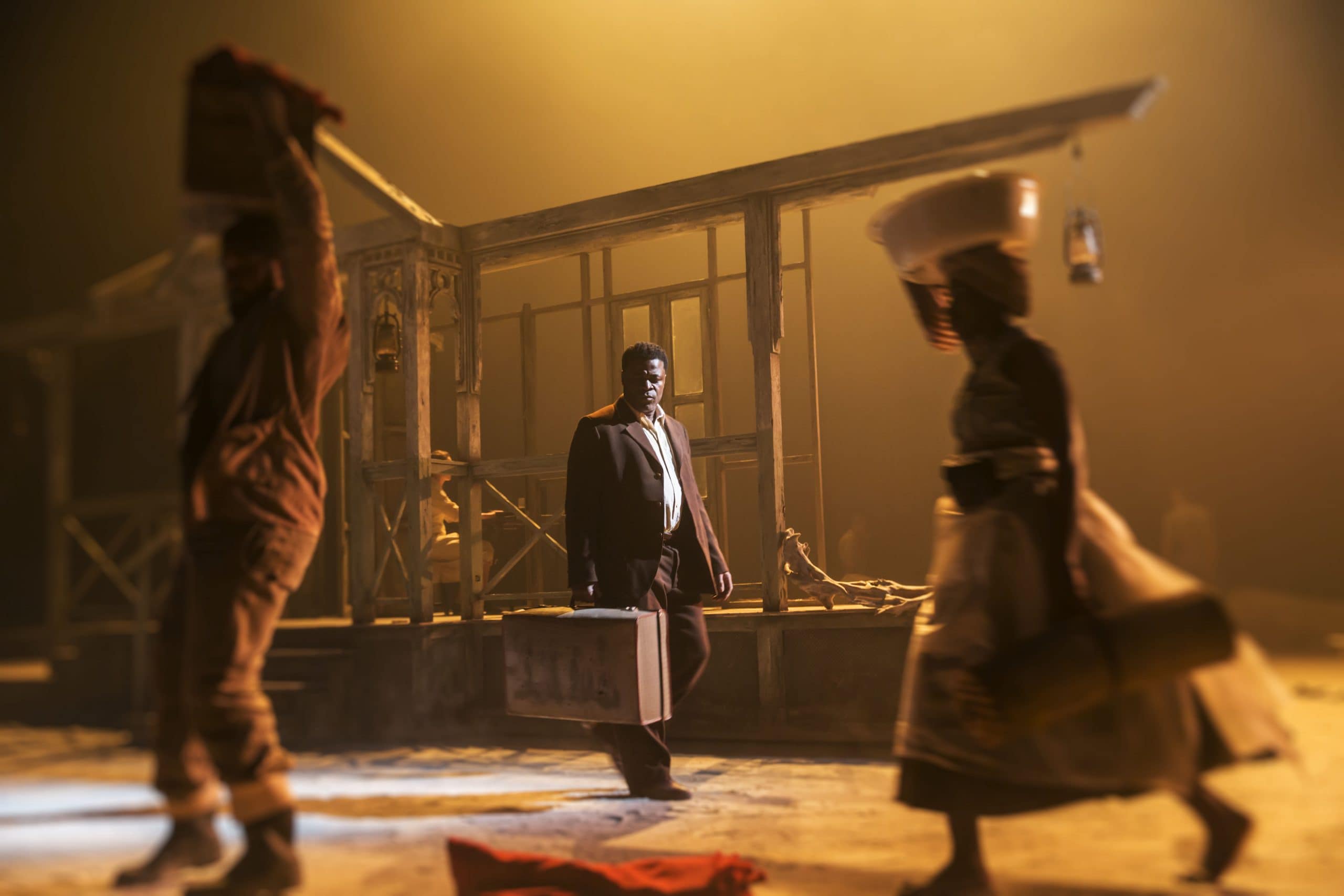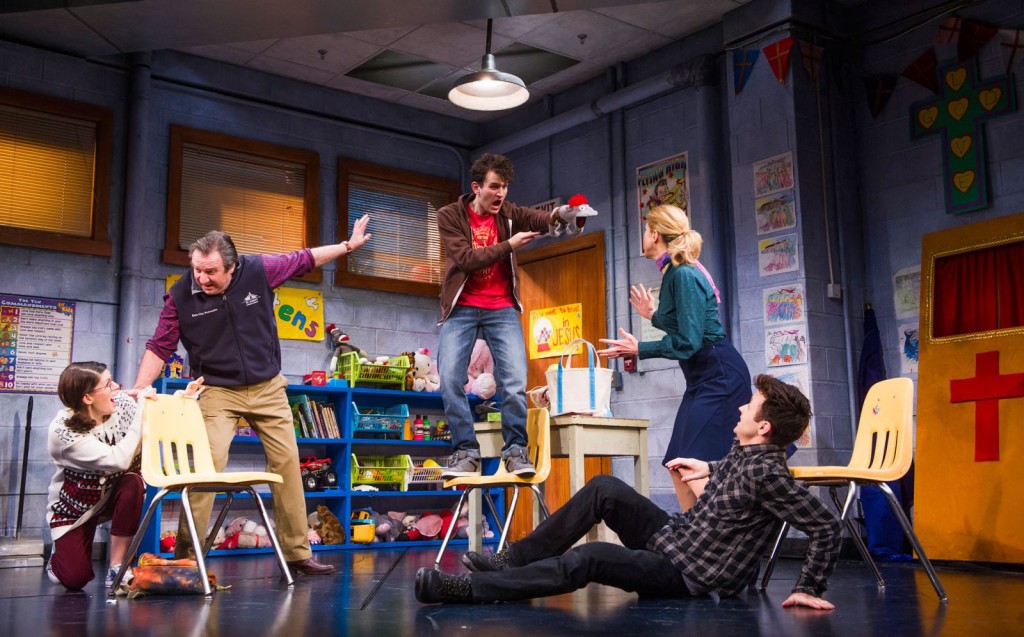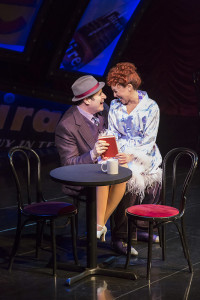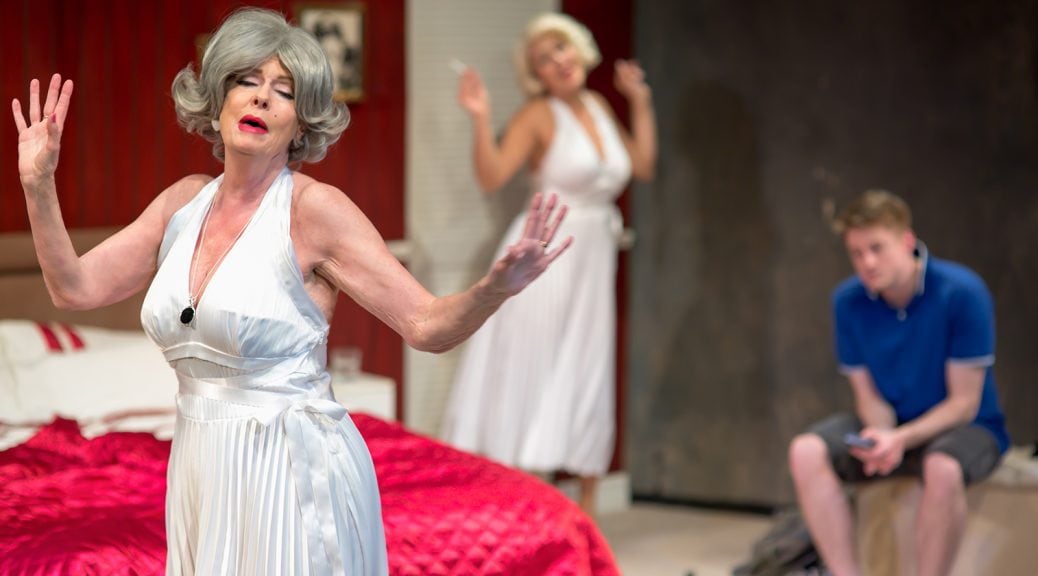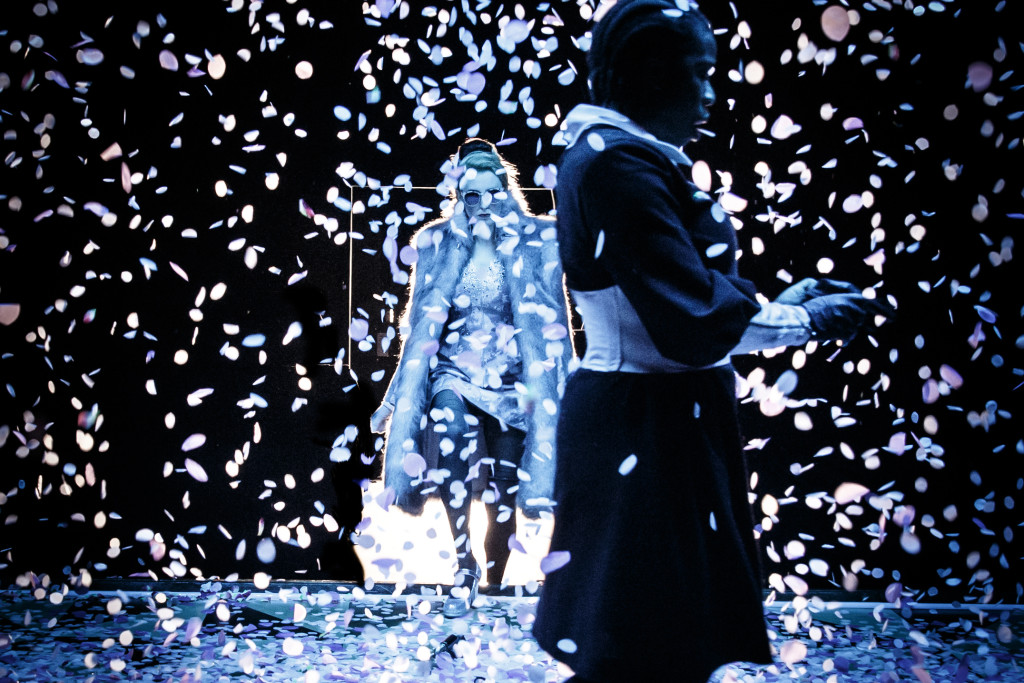Glenn Close’s London stage debut, in a role she won acclaim for on Broadway, comes close to its advertising claim as ‘the theatrical event of the year’. Playing Norma Desmond in Andrew Lloyd Webber’s musical, Close reminds us how important acting skill is in musical theatre – a great performance isn’t about hitting the right notes as much as revealing character and convincing us of the story the songs are telling. Close serves the show superbly and provides a stirring portrayal of a former silent movie star living as a recluse.
There are campy, crowd-pleasing moments. A first kiss with a toy boy lover is a vampiric embrace, complete with bandaged arms from a suicide attempt, which could hardly avoid being histrionic. The forgotten star is a larger-than-life character and has the quotable lines to prove it. Yet, beyond Close’s thrilling costumes (designed by Anthony Powell), her detailed portrayal of instability and vulnerability adds a credible tension. This is a sad story about a lonely character, whose delusions are more than a source of humour.
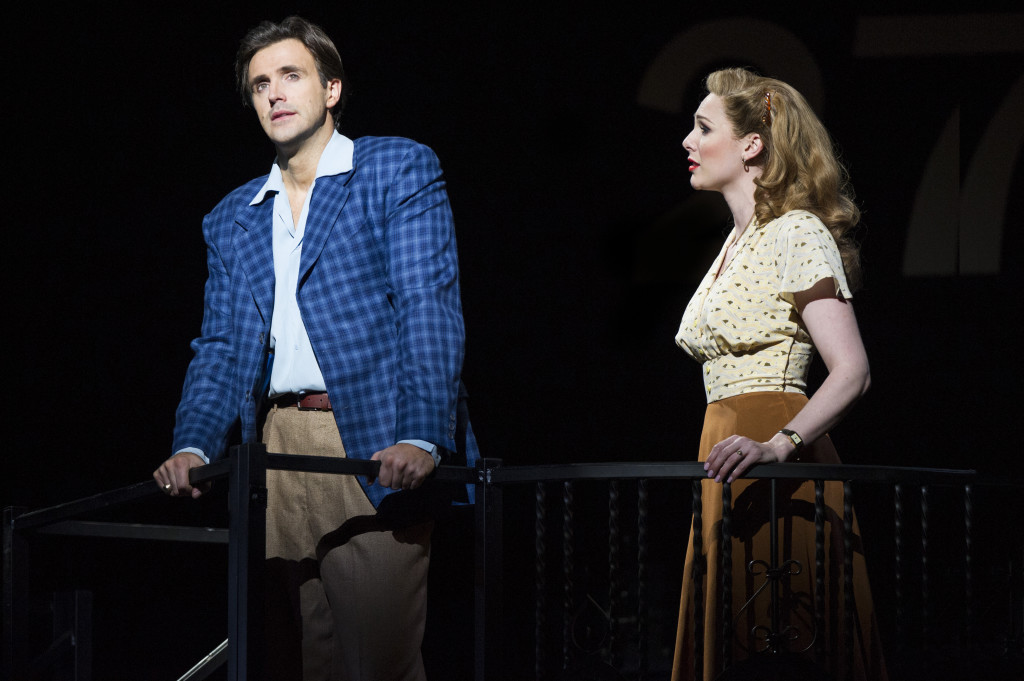
And Close isn’t the only thing recommending this production. The ENO’s orchestra make the score, well, symphonic – revealing a depth to Lloyd Webber’s writing he must be happy with. The sound boosts the ensemble to great heights, and does the same for Siobhan Dillon, who plays Norma’s love rival and sings beautifully. As Norma’s younger lover, Michael Xavier sounds great and brims with charisma. Xavier is clearly thrilled to be working with Close, and who can blame him? Add to this the legion of fans that have taken over the Coliseum, and you have an atmosphere that’s as fantastic as the performances.
Until 7 May 2016
Photos by Richard Hubert Smith

